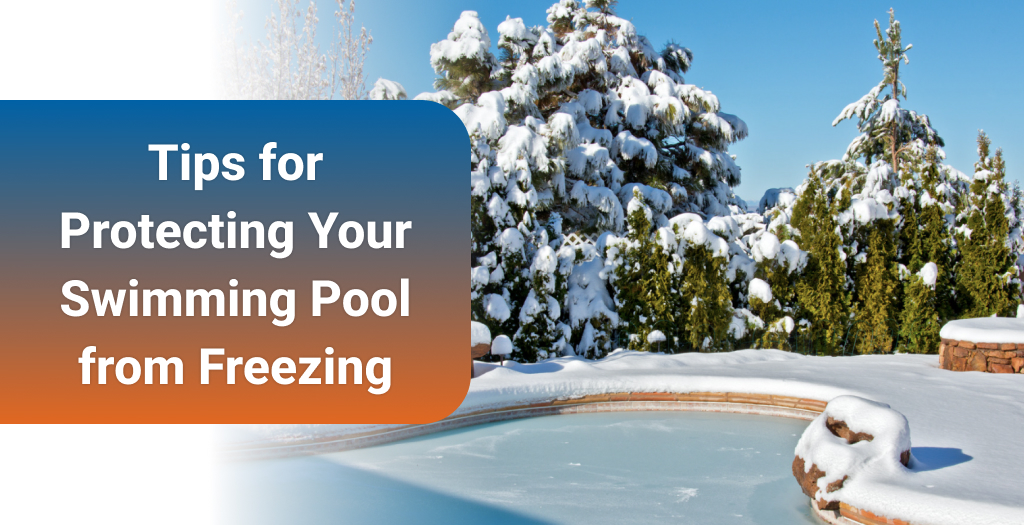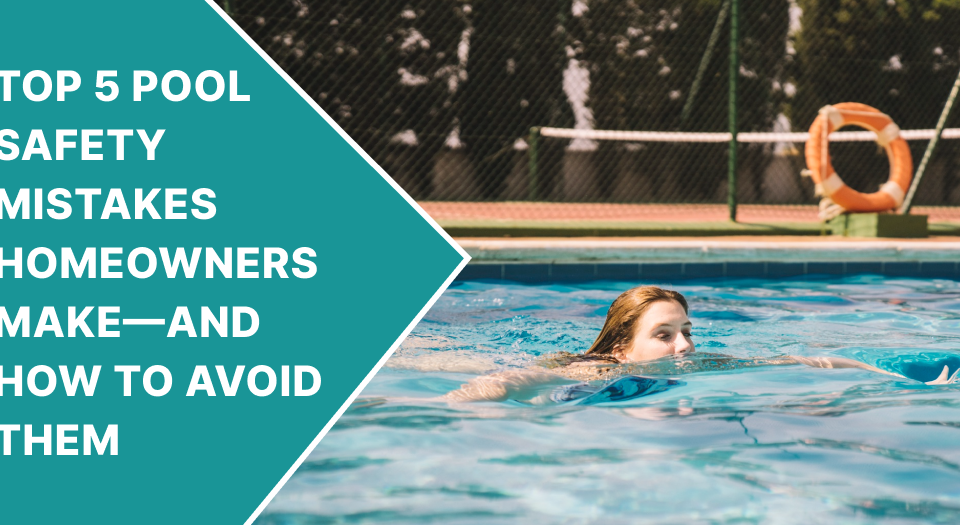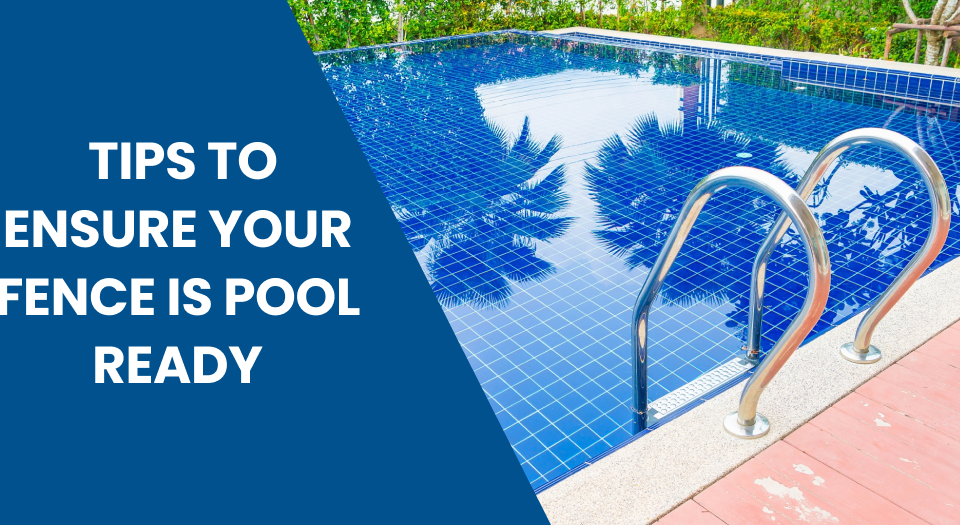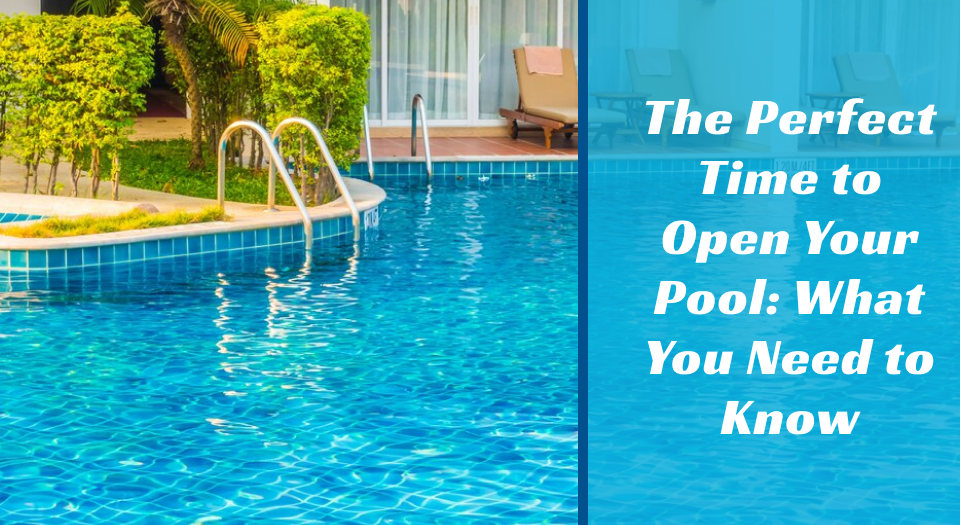
Top Trends in Pool Fence Designs: Enhancing Safety and Style
December 28, 2023
5 Tips to Save Money for Owners of Swimming Pools
January 27, 2024As the winter season approaches, pool owners face the seemingly difficult task of safeguarding their swimming pools from the harsh and potentially damaging effects of freezing temperatures. The impact of freezing is not only limited to the pool water. It can also affect the pool systems, pipes, and surfaces, leading to costly repairs in the coming spring season. To help pool owners overcome this challenge, here is a collective guide that aims to provide a list of valuable insights into essential tips and strategies that can help maintain the balanced condition of their pools and ensure they remain in the best condition throughout the winter months.
Tips for Protecting Your Swimming Pool from Freezing
It is necessary to take extra care in maintaining your pool as the colder months approach. Proper preparation is crucial to prevent costly damage to the pool and its components. Whether keeping the pool operational or preparing it for winter, diligent measures are necessary to safeguard against the potential adverse effects of freezing temperatures.
Here are 8 tips to guide you through this process:
Monitor the level of water
During the winter season, it is essential to keep an eye on the water level of your pool. Fluctuating water levels can be a potential threat to your pool. To prevent any damage to your pool, it is best to maintain the water level at the skimmer midpoint. This level helps to accommodate any rain or snow without burdening the pool structure. If the water level becomes too high, it can accumulate and freeze, causing damage to the pool’s walls and foundation. Therefore, it is essential to maintain the water level at the mid-skimmer level during the winter season.
Winterize the pool equipment
Prepare and check your pool equipment for winter by draining water from filters, heaters, and pumps. Make sure to disconnect and store hoses and remove any drain plugs to prevent water stagnation or water accumulation. You can also add lubrication rings and gaskets to protect them from drying out and cracking in the cold. Store the collective pool equipment in a dry, covered area to safeguard it from winter weather conditions.
Prevent Ice formation
Ice formation on the pool’s surface is a common concern during winter. To prevent this, you can use a floating ice equalizer or a simple tennis ball placed in the pool. The logic is to keep a solid barrier that prevents ice formation on the pool’s surface. These items are a buffer, absorbing the pressure from slowly expanding ice. This reduces the risk of ice damage to the pool’s walls and surfaces.
Remove debris from the pool
As winter approaches, it is important to clean every corner of the pool, paying close attention to removing any debris that may be present. This measure is the basis for a resilient and protected pool during the colder months, preventing potential damage and ensuring a smoother function during winter. By preparing your pool adequately, you can be stress-free that it will be well-maintained and ready for use once the warmer weather returns.
Keep the pool covered
When winter approaches, make sure to cover your pool properly. Choose a strong and suitable pool cover to protect it from debris and prevent algae growth. This simple step helps keep the heat locked in, keeps your pool in good shape during the colder months, and makes reopening easier when winter is over. By covering your pool, it stays clean and safe, reducing the risk of damage and promoting its long-term health.
Use a freeze protector
When winter approaches, an effective tip is to use a freeze protector for your pool. This device helps to keep your pool safe from the freezing temperatures. It prevents the water from turning into ice, which can cause damage to your pool’s equipment. Using a freeze protector, you can easily protect your pool and ensure it stays in good condition throughout the colder months. It will lower the risk of costly repairs and promote its maintenance.
Keep the pool pump running
Running your pool pump is another effective strategy to keep your pool from freezing in winter. Running the pump helps prevent freezing and keeps the water circulating. In turn, this acts as a safety measure for your pool from any potential damage. The pool equipment also gets protected by ensuring the water does not turn into ice. Keeping the pump running is an easy and efficient way to maintain your pool’s environment during the colder months, which reduces the risk of issues and ensures it stays in good shape for an extended period. During the colder months, the environment reduces the risk of issues and ensures it stays in good shape for an extended period.
Consider a pool heating system
Another tip to consider is to install a pool heating system to prevent your pool from freezing in winter. To achieve this, you have several options, like solar heaters, electric heat pumps, or gas heaters that use different mechanisms to heat your pool water. Solar heaters directly utilize energy from the sun to heat your pool water, while electric heat pumps transport heat from the air or ground to your pool water. On the other hand, gas heaters operate natural gas or propane to heat your pool water naturally. You can ensure your pool heating system works best by choosing a heating system with a proper pool size. It will help you manage the ideal temperature for your pool water, avoid freezing, and enjoy your pool throughout the year.
Conclusion
Safeguarding your swimming pool from freezing is an essential consideration for pool owners. By following simple tips, like using a good pool cover, removing debris, and keeping the pump running, you can shield your pool from potential damage during winter. Using a freeze protector adds an extra layer of protection against icy conditions. These measures prevent costly repairs and ensure that your pool stays in good shape, ready to be enjoyed when warmer days return. It is important to remember that putting in a little effort during winter can go a long way in preserving its environment and condition.




